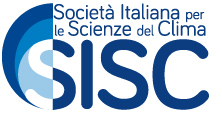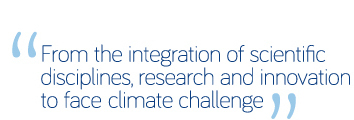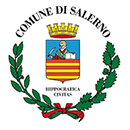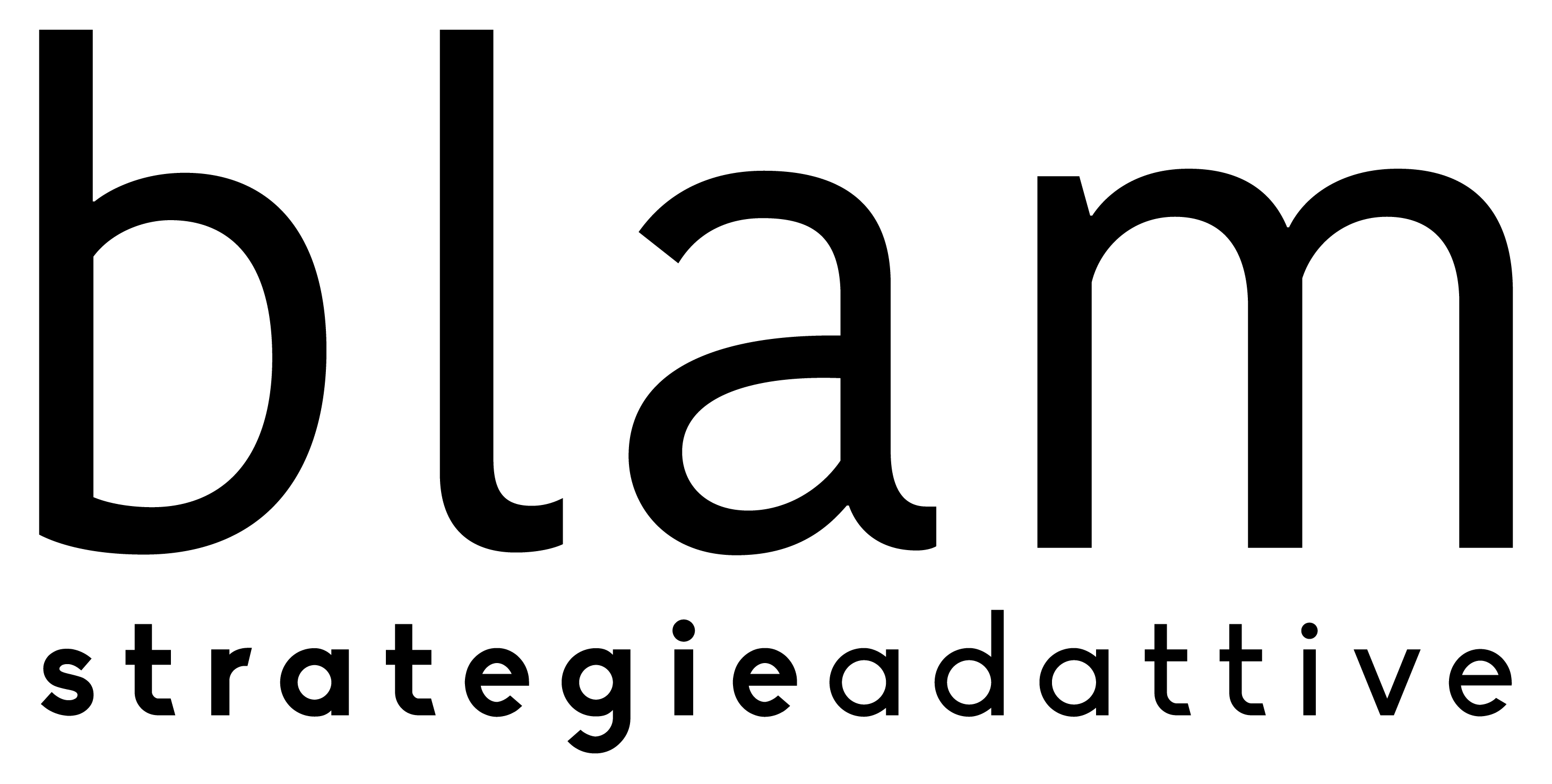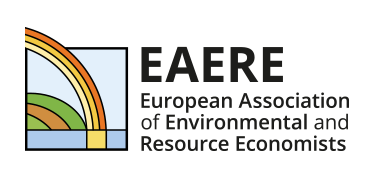The official language of the Conference is English. This page is available only in English.

Photo: Massimo Pica
2025 Annual Conference: Call for abstracts
The Conference aims at connecting leading scientists, researchers, economists, practitioners, business leaders, and policy makers, whose activities are focused on different aspects of climate change, its impacts and related policies.
The Conference is an important interdisciplinary platform for the presentation of new advances and research results in the fields of science and management of climate change.
The Call for abstracts is now open!
We invite you to submit the abstract of papers on the following topics by:
31st March 2025 April 7th, 2025
Submit your abstract here.
If you and the colleagues of your network have three to four abstracts connected by a unifying theme on the Conference topics you can propose a Thematic Session by:
31st March 2025 April 7th, 2025
See the Call for Thematic sessions here.
Topics
Topics of interest for submission include:
- At the intersection of Big data, HPC and AI for Climate Science. The increasing complexity of climate science demands innovative approaches that integrate big data, HPC and artificial intelligence. This session focuses on how these fields can address climate science challenges, bridging together big data approaches, HPC paradigms, novel advancements in AI as well as cloud, distributed and parallel infrastructures at large scale. This session highlights the potential to enhance climate modeling, support hazard and risk analysis, manage large datasets, discover new dynamics and correlations, provide innovative solutions and advance knowledge in the context of climate science.
- Risk management, adaptation and social and economic transformations. This topic explores research focused on strengthening resilience through effective risk management and adaptation strategies, at local, national and international scales. It analyses innovative methods and good practices in which the impacts of climate change have been addressed, including approaches that promote inclusive social transformation for vulnerable groups, while ensuring sustainable solutions for affected communities and territories.
- Changes in means and extremes: trends and dynamics at multiple scales. The topic encompasses studies related to the status of the climate system, including mean climatic conditions, variability and extreme events, by using observation data and model simulations. It analyzes climate changes in relevant systems such as oceans, glaciers, mountains and urban areas. It explores trends and climate dynamics at various spatial and temporal scales, ranging from local to global, and from seasonal and decadal to long-term projections, with the aim of increasing the understanding of atmospheric processes and the dynamics underlying climate change.
- Climate related impacts on natural and human systems across landscapes. This session addresses understanding and describing the impacts of climate change on natural systems and human societies in a variety of socially and environmentally relevant contexts, with a focus on multi-hazard and multi-risk assessment methods. It will discuss how climate change is affecting many relevant sectors such as water resources, energy, agriculture, the built environment,humans and ecosystem well-being. Of particular interest will be the consequences of extreme events to these contexts, highlighting interconnected consequences and the cascading risks of climate change across systems, sectors and scales. This session will discuss impact modeling for exploring the complexities of climate change from the perspective not only of scientists but also planners, infrastructure operators, and other interested parties.
- Mitigation technologies for ambitious climate targets: This session is devoted to the development and deployment of mitigation technologies and good practices for achieving ambitious climate goals, referring also to Agenda 2030. It will examine new solutions such as carbon capture, renewable energy infrastructure, and energy efficiency improvement to accelerate the transition to a low-carbon economy.
Abstract submission
The abstract must be between 4,000 and 8,000 characters long (including spaces) should be submitted online in English, no later than 31st March 2025 April 7th, 2025.
A maximum of three figures and bibliographical references may be included, which will not count towards the character count.
Use the template available Use the template available here.
Abstracts not responding to this criteria will not be considered. Authors are requested to choose the type of presentation (oral presentation or poster) catering for their preference.
Best Poster Award
The best poster presented at the Conference will be recognised with the Best Poster Award.
The Conference Scientific Committee is in charge of the selection.
Book of Abstracts
A Book of Abstracts identified by an ISBN code will be published in the SISC website after the Conference.
Participation Grants
SISC supports young scientists providing a limited number of travel grants. Grants winners are exempt from the payment of the Conference registration fee.
Abstracts submitted to both oral and poster sessions are eligible for participation grants. Priority will be given to PhD students and post-docs who have received the PhD title within the last 4 years. Grant application has to be requested during the abstract submission. Applicants will be requested to submit a CV. Deadline for applications: 31st March 2025 April 7th, 2025.
Notifications of grants acceptance will be sent by May 19th, 2025.
